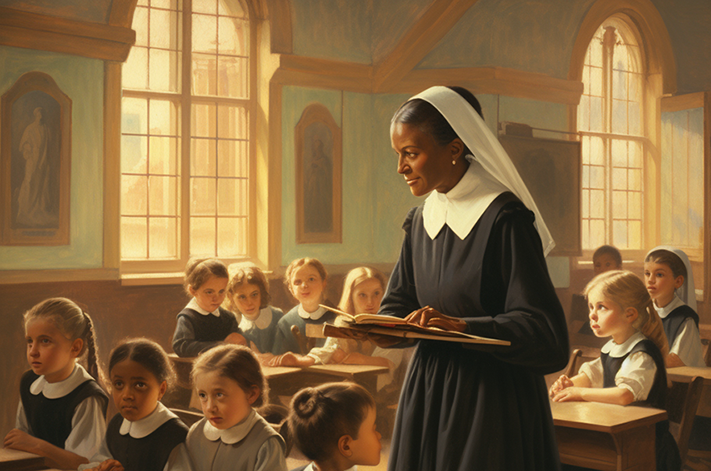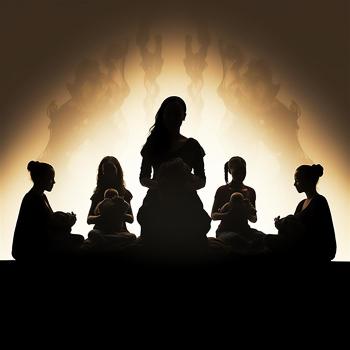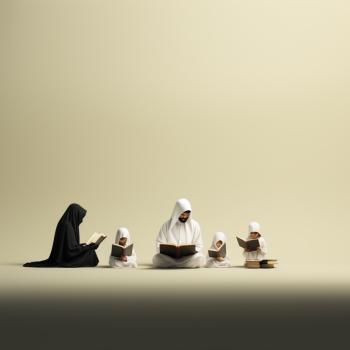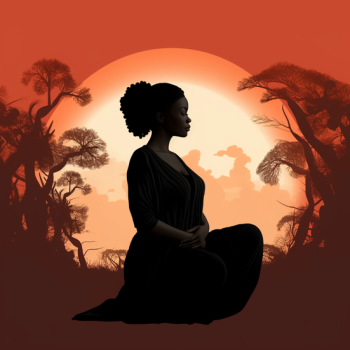
Although my baby is but several months old, I am already considering the type of education we’d like her to have and whether religion and education should go together. The thoughts about how to guide her in learning to navigate her spirituality flood these considerations, however I currently lean in the direction of public schooling. It seems to make the most sense to protect her from indoctrination that may occur in private school, but we have been riding a thought pendulum because I went to private school and this leaves me feeling some obligation to seeing to it she gets the best education possible – regardless of whether it is private or public. One thing is for sure. This is a topic that plagues many parents. I am baring my struggle with it right here in hopes that others can feel validated as they figure this out themselves.
The intersection of religion and education has long been a topic of spirited debate. Advocates assert that introducing religion in schools can instill moral values, foster a sense of community, and encourage critical thinking. Detractors, on the other hand, argue that it risks infringing on secularism, marginalizing non-religious students, and perpetuating division. Books such as God in the Classroom: Religion and America’s Public Schools by Thomas R. Murray, give insight and context. This article delves into the nuanced discourse surrounding the presence of religion in schools, examining both its potential benefits and drawbacks.
The Pros of Introducing Religion in Schools
1. Ethical and Moral Development: Religion has historically served as a repository of ethical and moral teachings. Incorporating religious perspectives can provide students with a foundation for making principled decisions, cultivating empathy, and understanding the consequences of their actions.
2. Cultural Awareness and Diversity: Religion is a cornerstone of many cultures. Introducing students to various religious traditions fosters cultural sensitivity, promotes inclusivity, and prepares them for a diverse global community.
3. Critical Thinking and Comparative Studies: Studying different religions encourages critical thinking by requiring students to examine complex belief systems, values, and practices. Comparative religion studies can highlight commonalities, transcend differences, and encourage open-mindedness.
4. Fostering a Sense of Belonging: For some students, religious activities in schools can create a sense of belonging and identity. Religious clubs or activities provide a space for students to connect with like-minded peers and explore their faith.
The Cons of Introducing Religion in Schools
1. Violation of Secularism: Incorporating religious practices in public schools may infringe upon the principle of secularism, which aims to ensure the separation of religion and state. Public institutions should be neutral spaces that respect all beliefs, and introducing religion can blur this boundary.
2. Marginalization of Non-Religious Students: Imposing religious practices or teachings may alienate non-religious students, making them feel excluded or pressured to conform. Schools should be safe spaces for all students, regardless of their religious beliefs.
3. Potential for Indoctrination: When religious teachings are included in the curriculum, there’s a risk of promoting a specific ideology or belief system over others. This can hinder the development of independent thinking and expose students to biased perspectives.
4. Conflict and Divisiveness: Religion can be a sensitive topic, and introducing it into schools might lead to conflicts between different religious groups or between religious and non-religious students. Such conflicts could undermine the unity and harmony within the school community.
To Sum It Up
The debate over the presence of religion in schools underscores the delicate balance between fostering moral values, respecting diversity, and upholding secularism. While the introduction of religion can offer students insights into cultural richness, ethical frameworks, and critical thinking, it also raises concerns about exclusion, indoctrination, and social friction. Ultimately, any decision regarding religion in schools must carefully consider the diverse needs and perspectives of students, parents, and the broader community. Striking this balance is essential to ensure that education remains a unifying force while nurturing individual growth and understanding. Is this an attainable goal?












